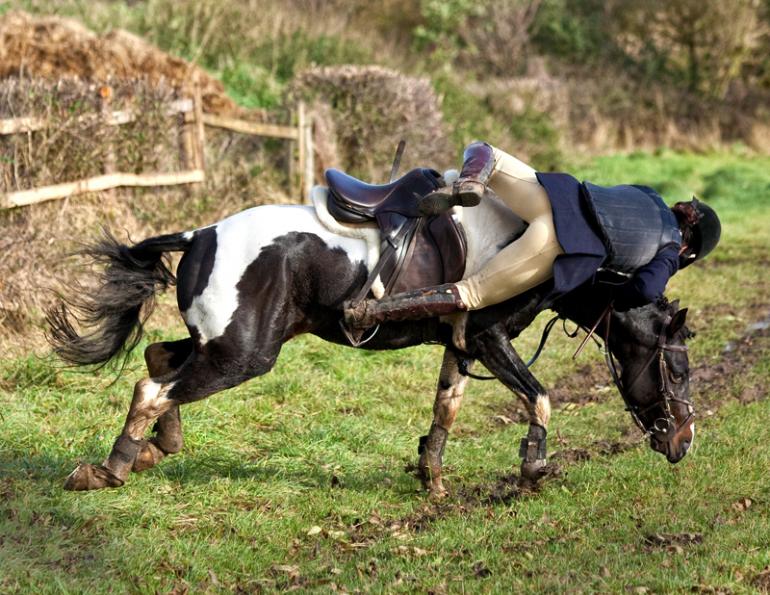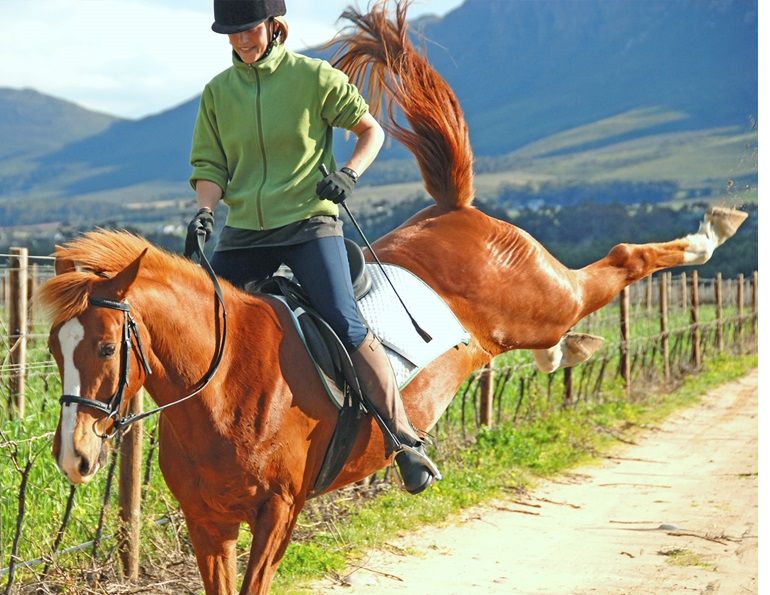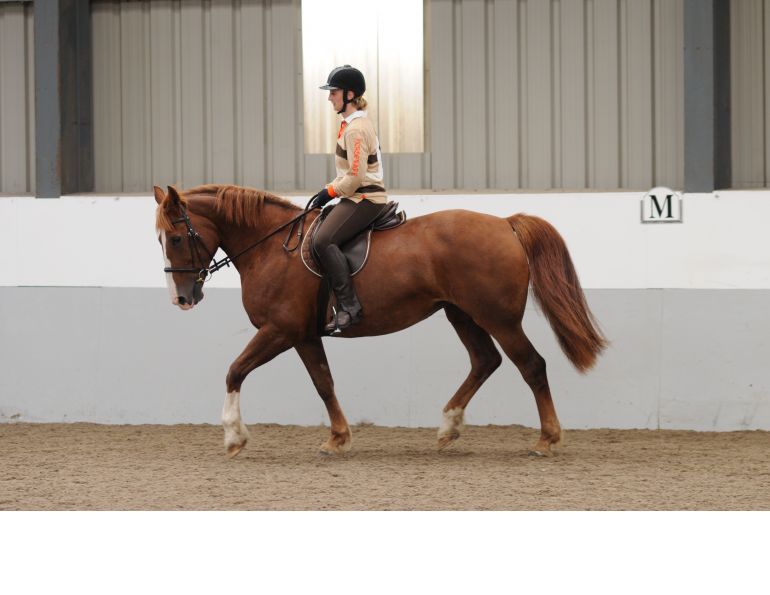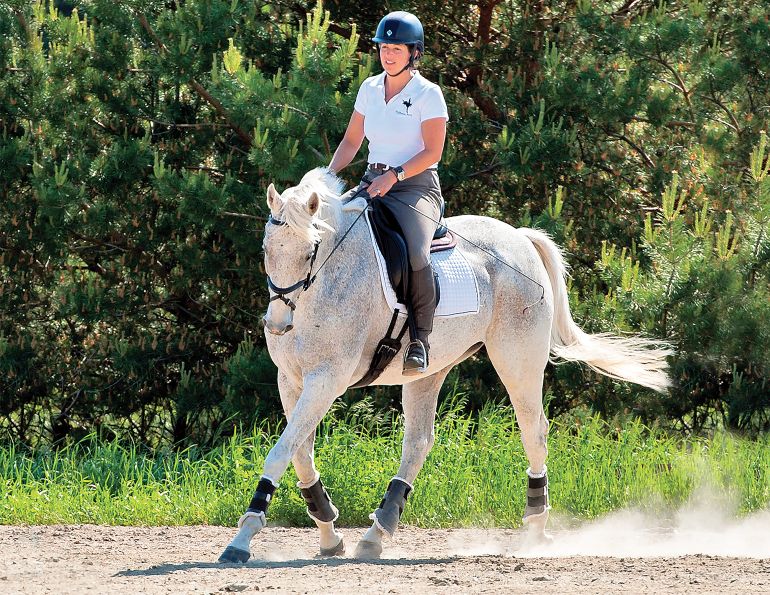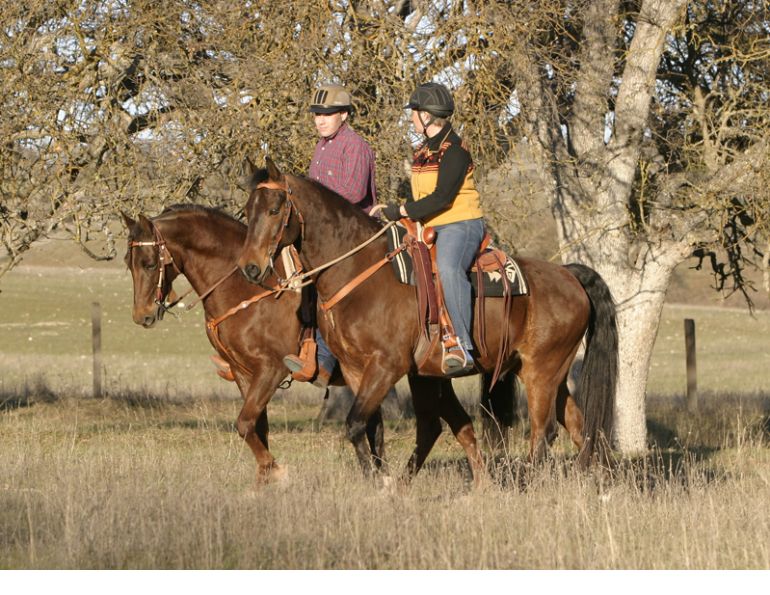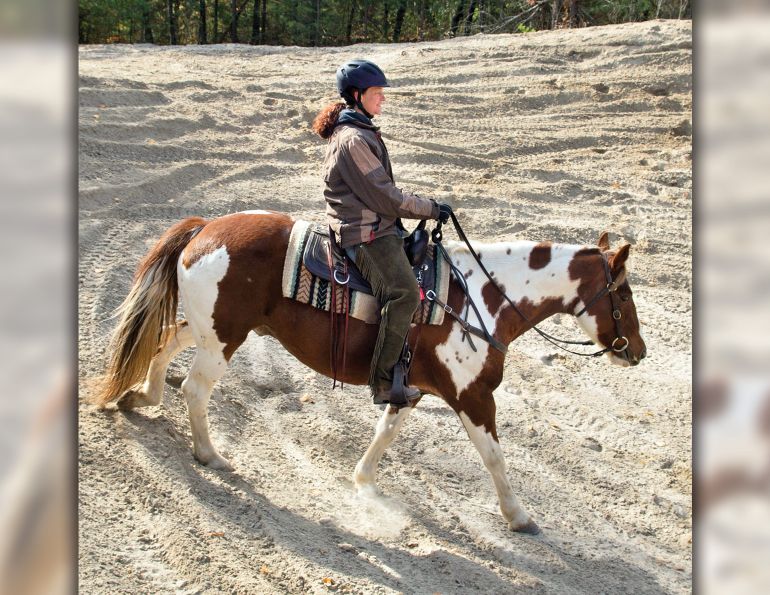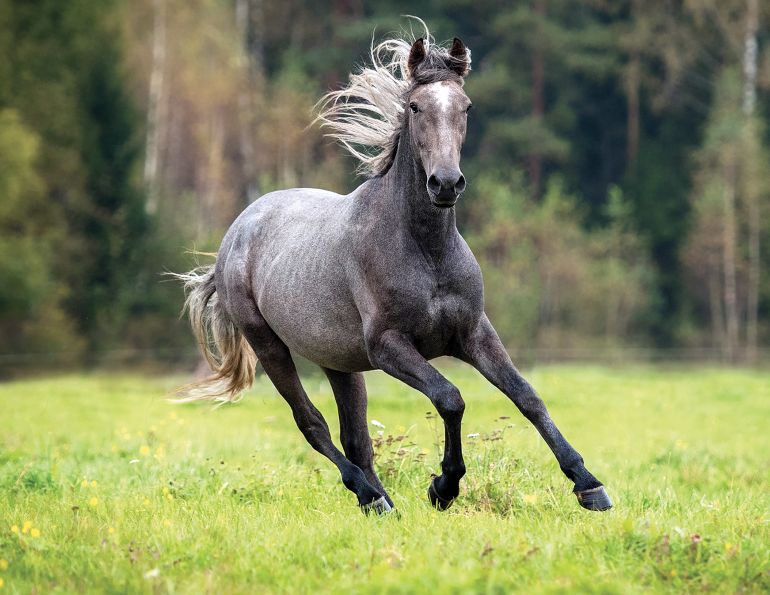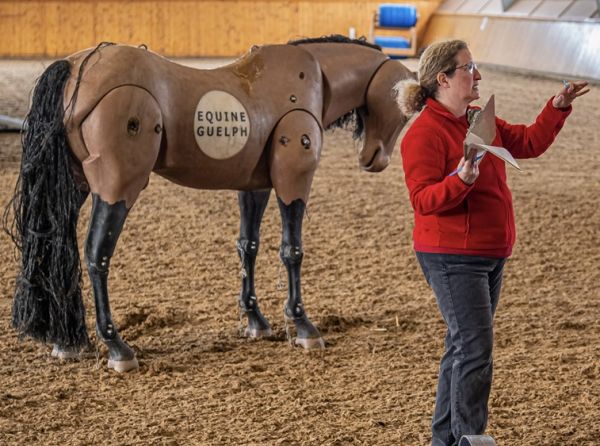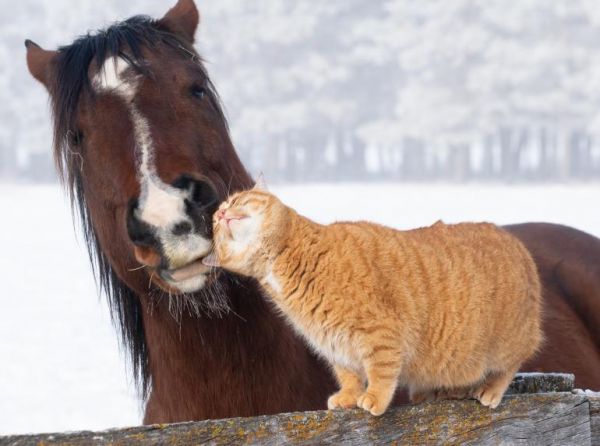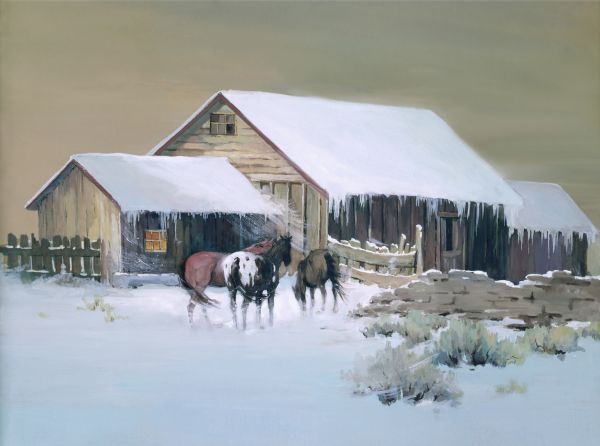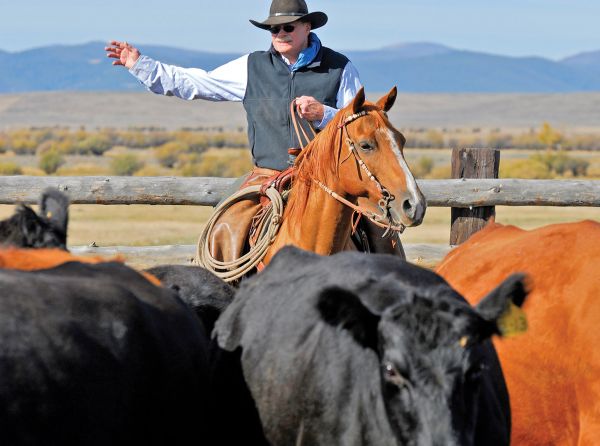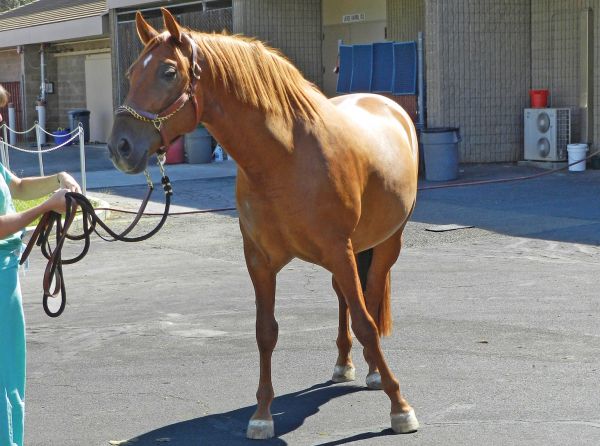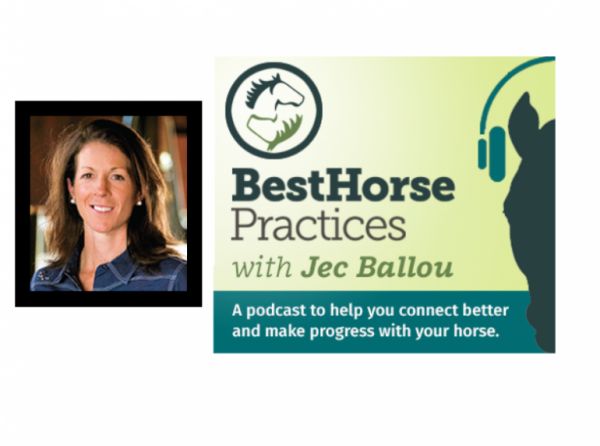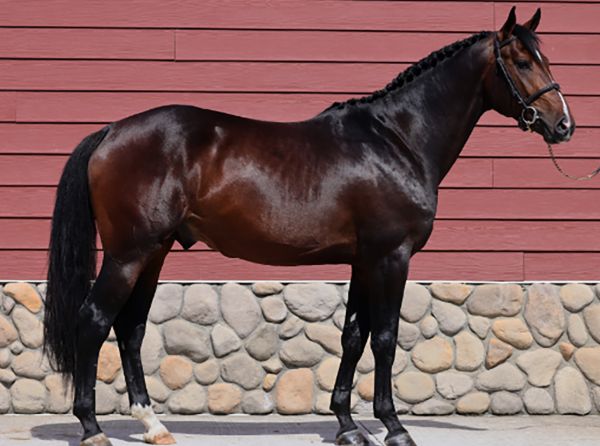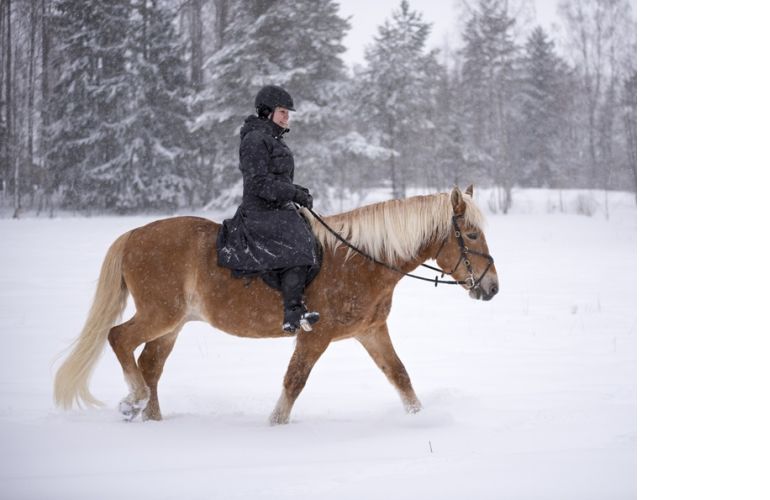By Lindsay Grice
Although there is no shortage of year round American show circuits to choose from, here in Canada, during the winter months the show season comes to a halt for most people. The benefit is that it gives us an opportunity to assess our goals and make whatever changes are necessary. Sit down and ask yourself what it is that you enjoyed most and least about the past show season. What are your future goals? How can you best meet your goals, taking into consideration budget and time commitments? For some riders this will mean starting with a new horse. For others, this will be a good time to change the program or direction with the horse you have.
Changing the program can include a number of things. Sometimes a horse may have minor soundness issues that need to be looked at. Experimenting with shoeing or other medical procedures may not be practical or affordable while competing because sometimes things get worse before they get better. X-rays, dietary supplements, alternative therapies, or even surgery may be beneficial at this time.
Related: Tips to Keeping Horses During Extreme Winter Weather
#1 Back to School
The off season is a good time to address a training issue that has been put on the back burner. Is there a show ring habit that started to form, or a skill that began to lose precision? Sometimes you need to come at one of these issues from a different angle or experiment with different techniques or equipment. Again, things often get worse before they get better so it’s sometimes not practical to “open up a can of worms” in the middle of show season.
I often take in a winter training project from a long distance customer who may not want to part with their horse during the summer months. This is a good opportunity to get to the root of a training problem or introduce a new skill or event, such as flying changes, pattern classes, or work over fences.
The winter need not be boring! There are still many things you can do with your horse, including tackling horse or rider issues, trying a new discipline or technique, or taking part in recreational activities like trail riding. Photo: Robin Duncan Photography
Are there issues such as clipping, tying up, riding in traffic, or desensitizing to cattle, which, if addressed, would make next season more enjoyable?
Riders also develop habits which need to be addressed. Was your trainer constantly reminding you about your hand position, or that you were leaning to the left? Is it time that you learned to pick up that diagonal by feel once and for all? Have someone videotape you, or lunge you on your horse with the goal of focussing on your position. Spend some time in the saddle without stirrups or look for opportunities to try riding horses more or less finished than your own. Attend a clinic or even a few lessons with a trainer you’ve always admired.
#2 A Total Vacation
Giving your horse a complete rest, with turnout only, can be mentally beneficial for some horses — especially a seasoned horse who knows his job. You can supplement with some light lunging and ponying in order to maintain fitness. I think this is a better alternative to sporadic schooling sessions. I find that a horse ridden only once or twice a week takes too much lunging before he is settled enough to learn anything and this is probably harder on him than regular work. Some horses take too long to bring back to fitness and sanity after a lengthy time off and with these horses, continuing to train throughout the winter is a good choice.
#3 Take Time to Bond
During show season, especially if your trainer is showing your horse himself, your riding time with your horse may be limited in order to keep him finely tuned, or even because of distance. It may be a good time to move him closer to home. Ask yourself what you enjoy most about your hobby — is it show ring success or simply the time spent with your horse? If you dream of daily grooming, barn chores, or trail riding with friends, now is the time.
#4 A New Direction
Keeping in mind that “a change is as good as a rest,” now might be the time to vary the program by experimenting with new skills. For example, I have my students start jumping or cantering poles. Some start on trail obstacles or switch from English to Western or vice versa. You may discover that your horse has an unknown talent!
Finally, a rider benefits from a change in the routine as well. I know that by riding fewer horses in November and December, I approach the new year with greater creativity and enthusiasm. Catch up on some reading about new techniques, visit equine trade shows, or simply take a vacation.
Enjoy the winter!
Related: Winter Management for the Outdoor Horse
To read more articles by Lindsay Grice on this site, click here.
Main photo: Giving your horse a complete vacation over the winter months can be a good option, especially if he is older and knows his job well. Photo: ©Canstockphoto/Virgonira





